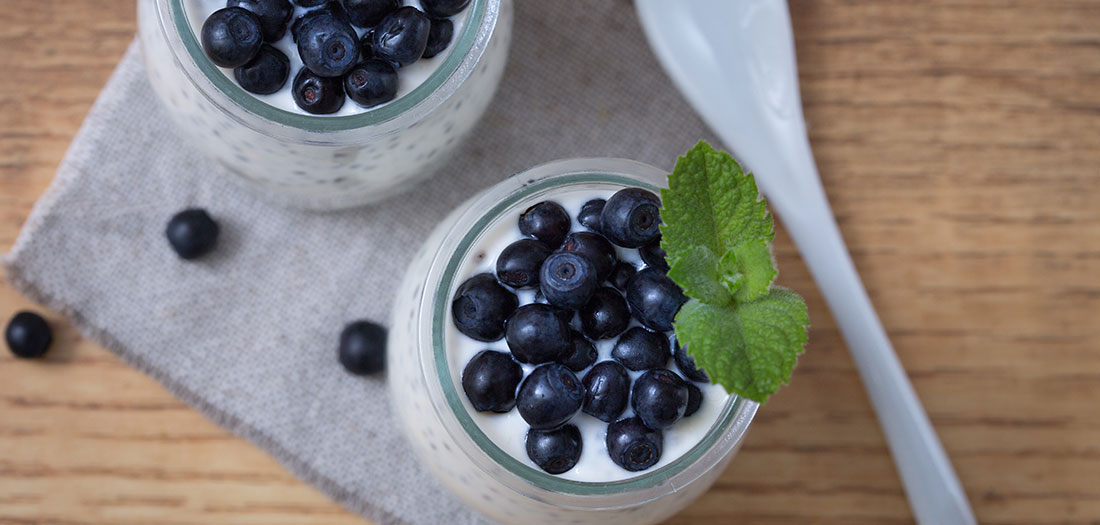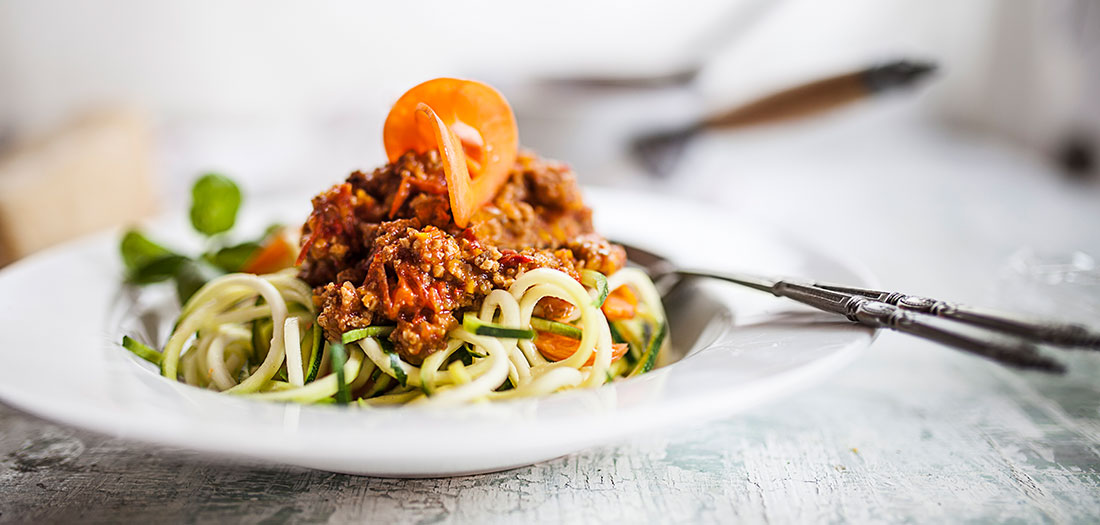The Apple Body
Carrying your weight around your midsection—chest and abdomen—is the classic hallmark of the “apple” (also known as android, central or truncal obesity) body type. Not only is there a layer of subcutaneous fat (just below the skin), but deep visceral fat as well. Visceral fat is the more dangerous type of fat because is surrounds and infiltrates all of your major internal organs, affects blood glucose levels, increases inflammation and promotes fatty liver, all of which increase your risk for metabolic disease, heart disease, stroke, diabetes, and certain forms of cancer.
Men and post-menopausal women are more likely to take on this shape due to insulin resistance. Insulin is the hormone that is released from the pancreas when blood glucose levels rise. It shuttles the glucose into the cell where it can be burned for energy. When blood glucose levels are constantly elevated due to poor dietary choices, the pancreas must pump out more and more insulin. After a while, the cells are not as responsive to the insulin, leaving excess insulin in the blood stream. If insulin can’t move glucose into the cells for energy, it takes the glucose and packages them into fat cells.
As insulin is produced in response to elevated blood glucose levels, the ideal diet is one that will not provoke a strong insulin response. Carbohydrates are the primary driver of insulin, so controlling carbohydrate intake and balancing it with both protein and healthy fats will improve insulin response. Choosing lower glycemic load (GL) carbohydrates such as vegetables, berries, legumes and some whole grains are better options than refined carbohydrates, desserts, sugary drinks and energy bars. Each meal should have a balance of low-GL carbs (vegetables, beans, lentils), lean protein (chicken, turkey, fish) and healthy fats. The best fats are anti-inflammatory monounsaturated (avocado, almonds, olive oils) and omega-3s (wild Alaskan salmon, wild Pacific halibut, chia seeds, ground flax seeds).
The following meal suggestions are ideal for reducing inflammation and combating insulin resistance. Insulin resistance is also improved with regular exercise that combines both aerobic and strength training.
 Breakfast
Breakfast
- 2 eggs scrambled in organic coconut oil with onions and spinach and topped with 1/3 of an avocado
- Protein smoothie: 1 scoop grass-fed whey protein powder, 8 oz. unsweetened almond milk, ½ frozen banana, 1 Tbsp. chia seeds, 1 cup baby spinach leaves, ice
- 3 oz. smoked salmon, ½ cup sweet potato hash, sautéed baby spinach with lemon juice
- Drink green tea instead of coffee, as coffee can elevate insulin
- Lunch/Dinner
- 4 oz. hormone-free/organic chicken or turkey with 1 cup roasted asparagus and ½ cup roasted butternut squash
- 4 oz. baked wild Alaskan salmon with ½ cup cooked quinoa and sautéed shiitake mushrooms and collard greens

Snack
- Sliced cucumber and jicama with 2 Tbsp. hummus
- 8 oz. unsweetened almond milk with cinnamon (improves blood sugar control), 1 Tbsp. each chia and ground flax seeds
The Pear Body
The “pear” body type (also known as gynoid obesity) stores fat easily around the hips and thighs. This type of fat is known as “passive” fat. The good news is that it may be health-promoting in terms of insulin resistance and cholesterol levels. The bad news is that it is stubborn and difficult to lose.
The pear body type is more common in pre-menopausal women and some men and is associated with estrogen dominance. Estrogen dominance causes toxic fat gain, water retention, bloating and other health conditions. Estrogen can be produced by the body as well as taken in from food and the environment (plastics, xenoestrogens). Foods that promote more estrogen production include high-fat dairy, non-organic meats, caffeine, alcohol, trans fats and unfermented soy foods. Fiber, which is found in fruits, vegetables, nuts, seeds, legumes and whole grains, slows insulin release and aids in the removal of estrogen from the body. Aim for 30-40 grams of fiber per day. Processed meats (including lunch meats) should be avoided as they are high in sodium, which causes water retention.
The ideal diet for a “pear” body type is high in fiber and balanced with organic protein, low-fat organic dairy and smaller amounts of healthy fats that come from food (nuts, seeds, avocado, olives) rather than oils. The following meal suggestions are best suited for this body type. Exercise, proper sleep and stress management will also help control insulin, cortisol, and estrogen levels.

Breakfast
- Egg white frittata with grape tomatoes, shallots and basil
- Chia-flax pudding: ½ cup unsweetened almond milk, cinnamon, 1 Tbsp. ground flax, 1 Tbsp. chia seeds, ½ cup organic blueberries

Lunch/Dinner
- 4 oz. hormone-free/organic ground turkey sautéed with onions, tomatoes and garlic, and served over zucchini “noodles”
- 4 oz. wild Pacific halibut tacos: butter lettuce (in place of tortillas), fish, pico de gallo and avocado
Snacks
- Green smoothie: 1 cup green tea (cold), 1 cup baby spinach, ½ frozen banana, 1 Tbsp. ground flax seeds, ½ cup organic strawberries
- 1 organic apple with 1 Tbsp. raw almond butter
The Bottom Line
Success at losing weight and keeping it off requires a combination of proper nutrition, exercise, adequate quality sleep and stress management. These four items work together to balance hormones so that appetite and fullness cues are easier to recognize and energy levels are steady. See your doctor if you think you have a problem with your hormones, and consult with a registered dietitian nutritionist for a more individualized meal plan.
Success at losing weight and keeping it off requires a combination of proper nutrition, exercise, adequate quality sleep and stress management. These four items work together to balance hormones so that appetite and fullness cues are easier to recognize and energy levels are steady. See your doctor if you think you have a problem with your hormones, and consult with a registered dietitian nutritionist for a more individualized meal plan.
U Rock Girl! Contributor
Tiffani Bachus, R.D.N., and Erin Macdonald, R.D.N., are the co-founders of U Rock Girl!, a website designed to nourish the mind, body and spirit of women of all ages and stages of life.

 Breakfast
Breakfast



